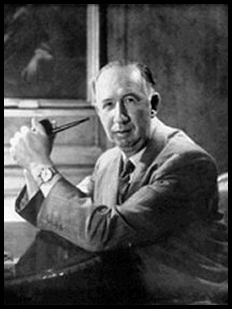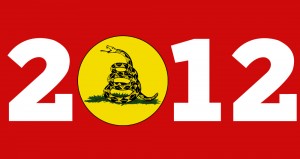I am repairing a gap in my education by reading Thomas Sowell’s classic, Vision of the Anointed, which was written in 1992 but is still, unfortunately, as valid a critique of leftist thought as it was then. As an example of his methods, he constructs an experiment in statistics. This concerns poverty and inequality and, in particular, the poverty of leftist thinking.
He imagines an artificial population that has absolute equality in income. Each individual begins his (or her) working career at age 20 with an income of $10,000 per year. For simplicity’s sake, we must imagine that each of these workers remains equal in income and at age 30, receives a $10,000 raise. They remain exactly equal through the subsequent decades until age 70 with each receiving a $10,000 raise each decade. He (or she) then retires at age 70 with income returning to zero.
All these individuals have identical savings patterns. They each spend $5,000 per year on subsistence needs and save 10% of earnings above subsistence. The rest they use to improve their current standard of living. What statistical measures of income and wealth would emerge from such a perfectly equal pattern of income, savings and wealth?
|
|
|
|
|
|
| Age
| Annual Income
| Subsistence
| Annual Savings
| Lifetime Savings |
|
|
|
| 20
| $10,000
| $5,000
| $500
| $0 |
| 30
| $20,000
| $5,000
| $1,500
| $5,000 |
| 40
| $30,000
| $5,000
| $2,500
| $20,000 |
| 50
| $40,000
| $5,000
| $3,500
| $45,000 |
| 60
| $50,000
| $5,000
| $4,500
| $80,000 |
| 70
| $0
| $5,000
| $0
| $125,000 |
Unfortunately, even with an Excel spreadsheet, I cannot get these numbers to line up properly.
[Jonathan adds: Many thanks to Andrew Garland for providing html code to display these numbers clearly.]
Now, let us look at the inequities created by this perfectly equal income distribution. The top 17% of income earners has five times the income of the bottom 17% and the top 17% of savers has 25 times the savings of the bottom 17%. That is ignoring those with zero in each category. If the data were aggregated and considered in “class” terms, we find that 17% of the people have 45% of the all the accumulated savings for the whole society. Taxes are, of course, ignored.
What about a real world example ? Stanford California, in the 1990 census, had one of the highest poverty rates in the Bay Area, the largely wealthy region surrounding San Francisco Bay. Stanford, as a community, has a higher poverty rate than East Palo Alto, a low income minority community nearby. Why ? While undergraduate students living in dormitories are not counted as residents in census data, graduate students living in campus housing are counted. During the time I was a medical student, and even during part of my internship and residency training, my family was eligible for food stamps. The census data describing the Stanford area does not include all the amenities provided for students and their families, making the comparison even less accurate. This quintile of low income students will move to a high quintile, if not the highest within a few years of completion of graduate school, A few, like the Google founders, will acquire great wealth rather quickly. None of this is evident in the statistics.
Statistics on poverty and income equality are fraught with anomalies like those described by Professor Sowell. That does not prevent their use in furthering the ambitions of the “anointed.”

